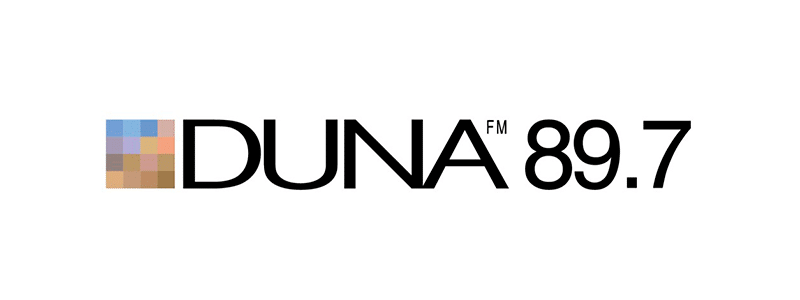“It is necessary to change permitting for true sustainable development,” says Antonio Rubilar.
Permitting is a term that has been strongly implanted in recent months in the political and business agenda, and that during 2024 will expand more strongly. This is one of the main conclusions of a report prepared by the law firm Albagli Zaliasnik (az) on the most relevant regulatory challenges in terms of sustainability for this year in Chile.
“Sustainability is increasingly becoming a key factor in the strategies of the public and private sector in our country and that is why the regulations are advancing more and more strongly“, the document states.
With respect to permitting, which makes sustainable development compatible with the modernization and simplification of the permits to which investment projects are subject, Antonio Rubilar, director of Regulated Markets at Albagli Zaliasnik (az), emphasizes that “it is necessary to change permitting for true sustainable development. Chile is today in the worst of all possible worlds: while the development of investment projects in different areas of productivity is more necessary than ever, these are subject to the disincentive figure of 439 procedures (including sectorial permits, environmental authorizations, notices, registrations, among others)“.
In this context, much expectation was generated by the government’s announcement of the bill for changes in environmental permitting, which entered Congress on january 10. Rubilar points out that “the bill has some good points, but it remains to be seen what contributions will be made at the congressional level to make the processing of investment projects more manageable. If, after the project is approved, a desalination plant still requires six or eight years of processing, it is clear that it is necessary to go even further in simplifying or updating the regulation. If it goes well, it could be the most important investment initiative of the last decade“.
On the other hand, also linked to the processing, the MOP announced last november that it was studying the possibility of concessioning projects that already have the Environmental Qualification Resolution (RCA) approved. This announcement was made against a backdrop of high levels of questioning of the permitting process and the lower number of concession projects awarded during 2023.
There is also high expectation because 2024 is the first year of validity of the Economic Crimes Law, which typifies a series of environmental offenses, which will also be economic crimes depending on the position of the person who commits them and the context of their commission. This will have implications in terms of penalties, as it could mean imprisonment, in addition to other accessory penalties. In this respect, Rubilar affirms that “during this year we will see the implementation of this law and how the courts apply the regulation. Thus, we will be able to corroborate whether or not it meant an advance in sustainability and, if so, to verify the social and economic costs of this advance“.
Similarly, 2024 is also the first year of implementation of the Extended Producer Responsibility Law (EPR) for packaging. The report points out that it is necessary to be attentive to the way in which this law is executed, since the country’s sustainability objectives depend to a large extent on the success of this law. Especially considering the difficulties encountered in the implementation of management systems. Likewise, he indicates, this law is a real test for the population, on the possibility of acting cooperatively to make Chile an environmentally sustainable country.
Another regulatory challenge related to sustainability, highlighted in Albagli Zaliasnik’s paper (az), is the government’s ability to implement plans or programs to achieve sustainable development goals. Among the objectives outlined by the Executive is decarbonization, a concept closely related to the promotion of green hydrogen projects. The study advocates that during this year “there will be major announcements of green hydrogen projects or even mega-projects in our country“.
He also states that, in parallel, there is desalination, “an extremely urgent industry for sustainability and one that Chile has not yet developed optimally, despite all its comparative advantages“. He points out that the regulatory challenges facing the development of desalination are neither few nor less urgent, and that they go far beyond the complexities of permitting.
For Rubilar, the regulation of the desalination industry is urgent, because “there is still no specific regulation applicable to desalination itself, to the water extraction procedures, nor to the form of commercial exploitation. It is to be expected that sooner or later this issue will come to the fore. This could be the year in which it happens, due to the relevance that permitting issues have had, the need to increase investment in Chile, as well as the natural relevance that this issue should have in a country that is going through a water crisis whose end is not in sight“.
Source: La Tercera, February 18, 2024.



